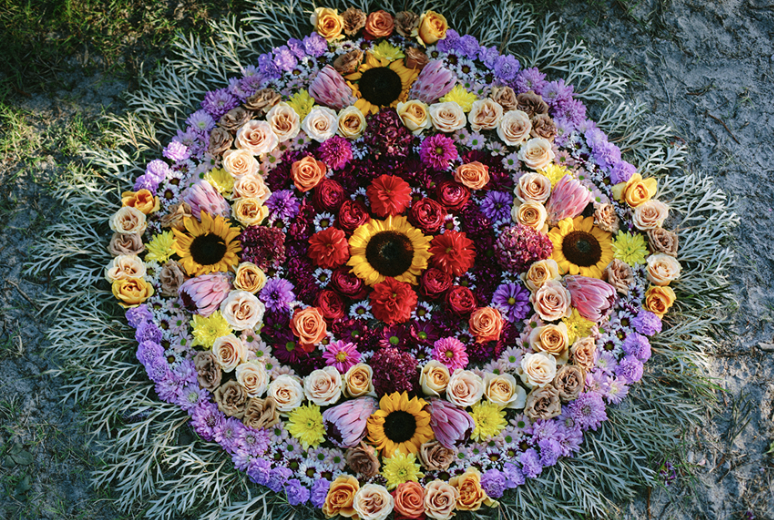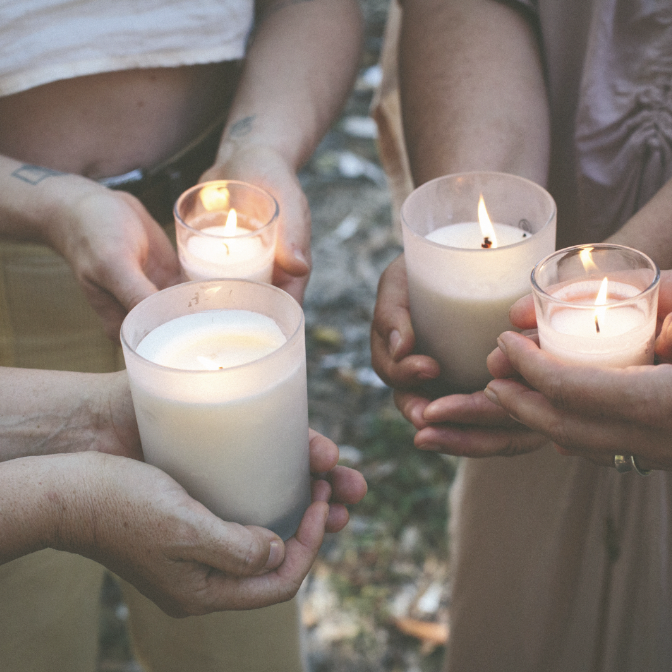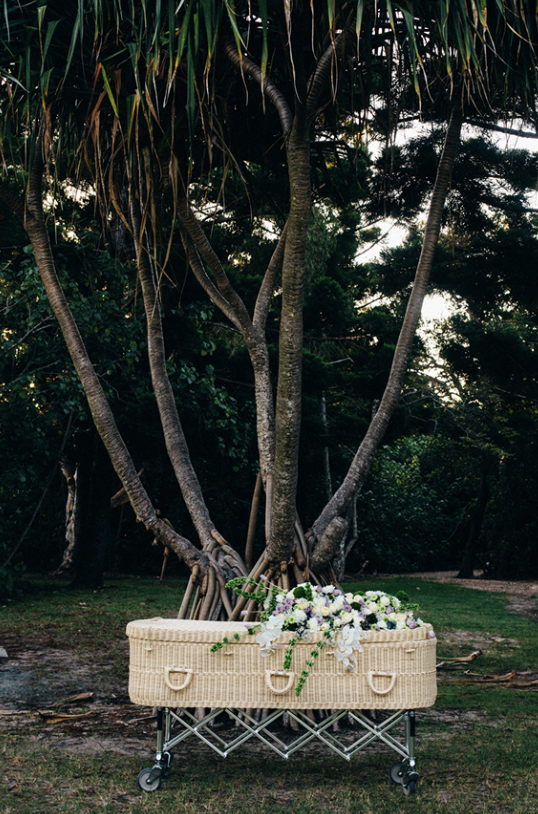Death is a profound reminder of our finite existence, urging us to reflect on the legacy we wish to leave for future generations. My personal journey with mortality has unfolded into a mission that extends beyond myself.
Six years ago, I confronted a dual challenge: my stage IV cancer diagnosis and the life of my unborn child. Medical professionals gave me 18 months to live and expressed concerns about my child’s chances of surviving surgery. I took a proactive stance, advocating for both my child’s life and a holistic treatment approach to minimise health risks. Despite the odds, I survived a right hemicolectomy, and we welcomed a healthy child through a planned, intervention-free home birth five months later. During this tumultuous time, I also explored my ancestral roots. My partner suggested a DNA test to discover my ethnicity, leading to a surprising and joyful revelation. I found that my father, whom I had never known, lived just three streets away. This discovery revealed my Māori heritage, offering profound insights into my identity.
Inspired by my Polynesian roots, I delved into Māori funeral practices. In Māori culture, death is a collective family experience. Everyone has a role—from organising and cooking to preparing the body and digging the grave—culminating in a three-day vigil of mourning, celebration, and storytelling. This tradition honours the departed in a deeply authentic way, blending sorrow with celebration.
Having experienced significant personal loss—my grandparents at 17, followed by my mother, and recently my father—I felt a calling to create a funeral service that embodies my cultural values and emphasises family involvement. Funerals are increasingly becoming family-led affairs, with families taking charge of how they wish to celebrate and honour their loved ones. Some families paint or build their own coffins, while others work with artisans like Zimmi Forest in Mullumbimby. Zimmi’s hand-woven coffins, crafted from cat’s claw vine, are not only regenerative but also contribute to environmental conservation by preserving native trees. Her workshop allows families to participate in crafting their own coffins, adding a personal touch to their farewells.
We encourage families to consider 2-3 day home vigils using a cold plate, which helps to slow the grieving process and allows family members to be fully present. This approach provides the space to say goodbye without feeling rushed, fostering a healthier relationship with grief in the months
to follow.
For those with terminal diagnoses, organising a living wake offers a chance to bid farewell surrounded by loved ones. This can be an emotionally powerful experience, filled with heartfelt expressions of love and ensuring that nothing goes unsaid. Such moments reveal the incredible capacity for human connection and can be deeply comforting.
Traditional cremation practices are also evolving. Families now have the option to remain present throughout the process, witnessing their loved one’s final moments. While this might initially seem unsettling, many find it to be a profound and healing experience.
Additionally, there is no need to hire a funeral director if you prefer to manage the process yourself. Families can handle everything and DIY funerals often result in deeply personal and meaningful ceremonies that exceed expectations.
In the Tweed Shire, we are advocating for the establishment of a natural burial site. Natural burial is environmentally friendly, involving minimal impact on the ecosystem. Bodies are buried at a shallower depth, promoting quicker decomposition, and there are no headstones or tree removal involved. This method is also significantly more affordable than traditional burial. Supporting natural burial practices not only respects the environment but also provides a more sustainable option for the future.
Help us support this movement for compassionate, personalised, and sustainable funeral practices by signing our petition for natural burial sites, chng.it/TnzCGrVcrV.
Through my journey with illness and loss, I’ve found purpose in creating meaningful, culturally rich, and environmentally conscious funeral practices. By embracing personal, family-led ceremonies and advocating for natural burials, we honour our loved ones and make a lasting impact on future generations. Join us in supporting this movement to ensure our farewells are both heartfelt and sustainable.




